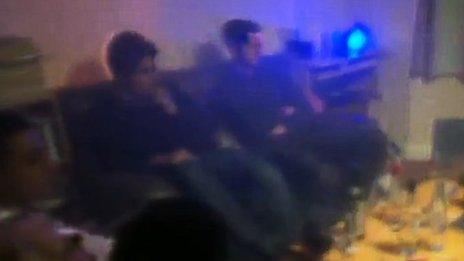Oxford sex gang: Scores more victims identified
- Published
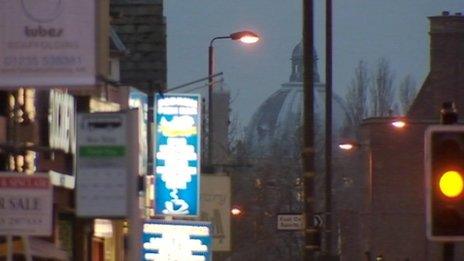
Last year's trial heard how the men drugged the girls and took them to towns and cities to be raped
Police in Oxford say 50 to 60 young women have been identified as potential victims of a paedophile ring operating for eight years in the city.
Exactly a year ago, seven men were convicted of raping and trafficking six girls aged from 11 to 15 between 2004 and 2012.
The victims were groomed and subjected to sadistic sexual abuse.
Since then, Thames Valley Police has reviewed about 180 cases of vulnerable children potentially at risk.
The investigation, which began in 2012, has heard from dozens of girls who were connected to the gang.
The Kingfisher unit, which was set up by Thames Valley Police and Oxfordshire County Council in November 2012, also involves social services, health and education services.
Police 'concerns'
In the past year, it has been involved in 20 criminal investigations and has served 40 abduction notices.
An abduction notice can be served if police receive a complaint that a man is hanging around with a young teenager. If he is spotted with the girl again, he can be arrested for abduction.
Det Supt Joe Kidman, senior investigating officer for operation Bullfinch, said: "We've had a number of young women come forward and give us very important accounts.
"We've also identified people we wanted to speak to and they've also given us very significant accounts.
"I would say that the figure is of around 50 to 60 young women that we have our concerns about.
"They may well be in a much better position now, but we consider they could have been victims."
The 999 emergency call that first alerted police
Victims sold
Last year's trial at the Old Bailey heard how six girls were plied with alcohol and drugs before being forced to perform sex acts. Some were beaten and burned.
The court heard how the men - two of east African origin and five of Pakistani origin - identified vulnerable girls for abuse and then groomed each one of them until they were under the control of the gang.
They were then each either abused by the men themselves, given to the men's friends or offered at a price to others who were not on trial.
The girls were mostly chosen because their unsettled or troubled lives made them easier to manipulate.
After the case concluded, social services and the police apologised for not acting sooner.
- Published7 November 2013
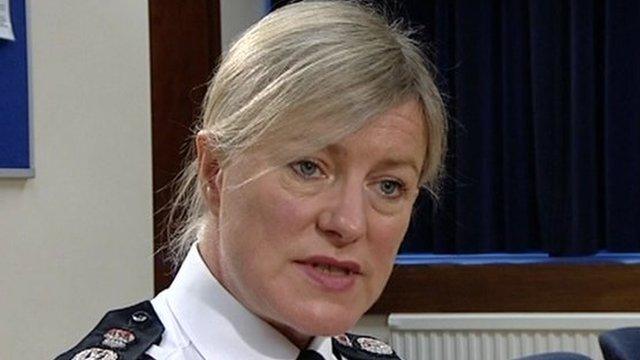
- Published9 October 2013
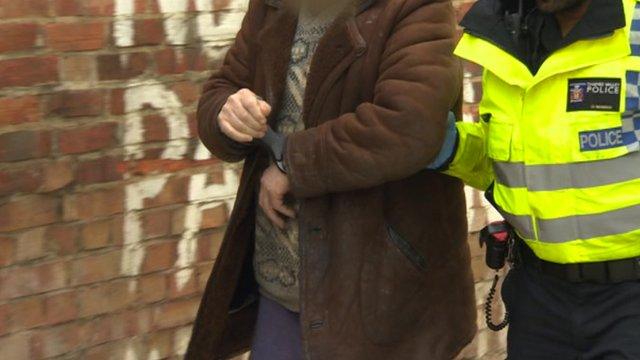
- Published27 June 2013
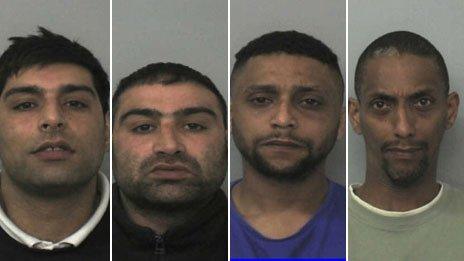
- Published20 May 2013
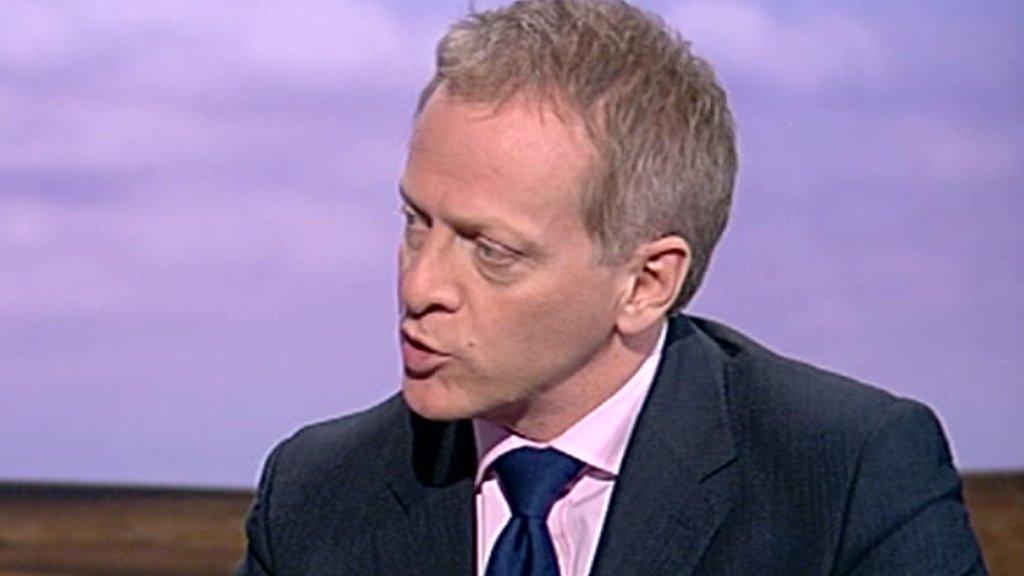
- Published16 May 2013
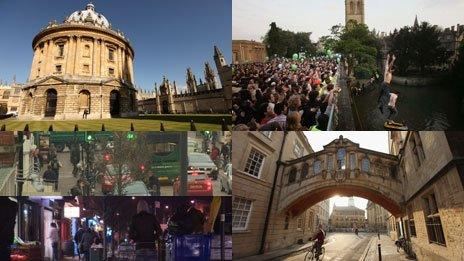
- Published15 May 2013
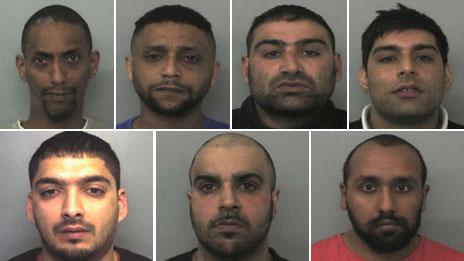
- Published15 May 2013

- Published14 May 2013

- Published14 May 2013
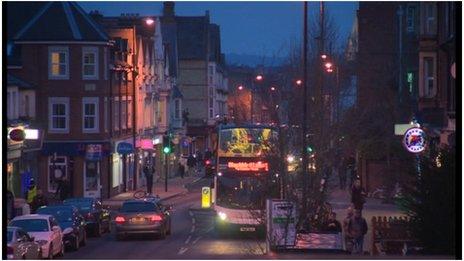
- Published14 May 2013

- Published14 May 2013
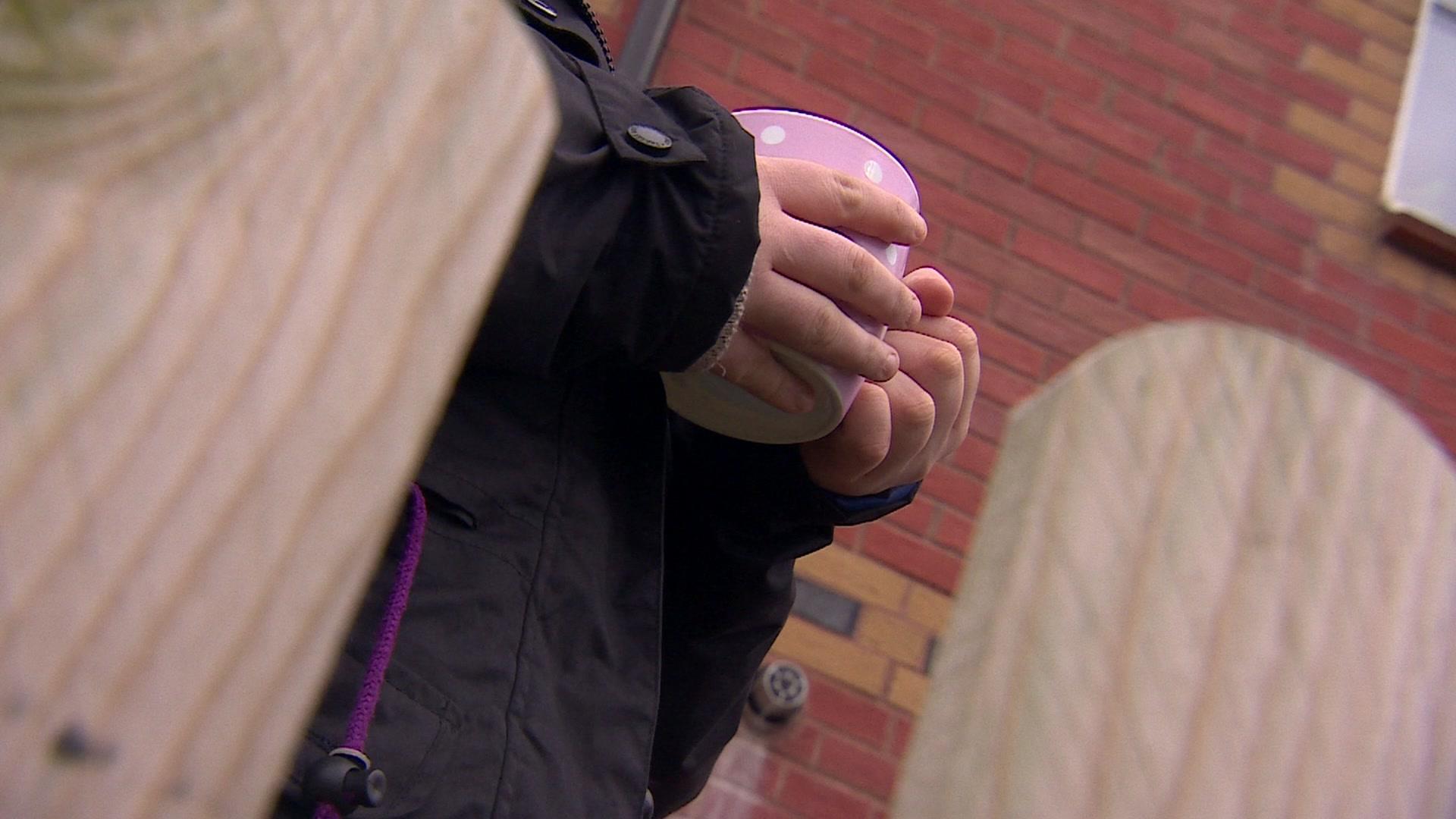
- Published14 May 2013
